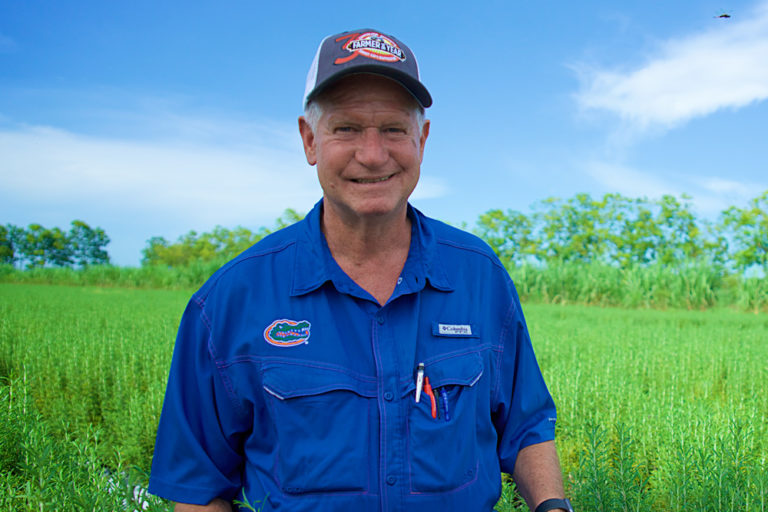By Clint Thompson
The constant influx of foreign imports on top of Florida vegetables has impacted one producer in how he farms.
Chuck Obern with C&B Farms, located south of Clewiston, has discontinued planting certain vegetables he has grown for years. He produced peppers and eggplant for 30 years. But he couldn’t compete with rising imports, so he stopped.

“I used to grow a lot of peppers and eggplant, but I pretty much stopped growing them, because I couldn’t compete with Mexico,” Obern said.
It’s the grim reality facing Southeast producers who are trying to produce a crop and be sustainable into the future.
Americans Will Decide
“Americans are going to have to decide, are they going to import the food that we eat or are they going to allow us to grow the food here in the United States? Eventually Americans are going to have to decide,” Obern said, “55% of fresh produce, fruits and vegetables, consumed in the United States currently is imported. We saw what happened during the pandemic with China controlling 95% of the drugs. Everybody needs drugs, I get it. For sure, everybody has to eat.
“It’s all about economics. For example, I grow a lot of cilantros. I can buy Mexican-grown cilantro year-round in Texas for $8 for bunch 60s. My break-even cost is over $14. What are you going to do? You’re either going to have start buying Mexican cilantro or we’re going to have to get some sort of relief as a farm.”
Other Challenges
Trade is just one variable that’s challenging growers like Obern. With the current inflation comes higher input costs producers have to manage. And that’s if you can order the inputs and receive them in a timely fashion
“I think trade’s probably our biggest issue and right behind that is all of our costs; fertilizer costs, all of the input costs have gone way up. Just getting plastic mulch and certain things, it is not just how much it costs but just getting it,” Obern said. “We have to order way ahead of time. We have to anticipate, the same with boxes and tags, all the supplies that we use.
“You have to give up eight weeks advanced notice to get things manufactured for you.”
It’s part of the ever-changing world that consumes specialty crop producers. Another factor is how Obern markets his products; transitioning from bigger markets like New York and Boston and selling directly to chain stores.
“We’ve had to change our marketing methodology to be able to survive. Unfortunately, a lot of people have not been able to survive. There used to be hundreds of farmers in our area. Now you can count them on two hands,” Obern said.









